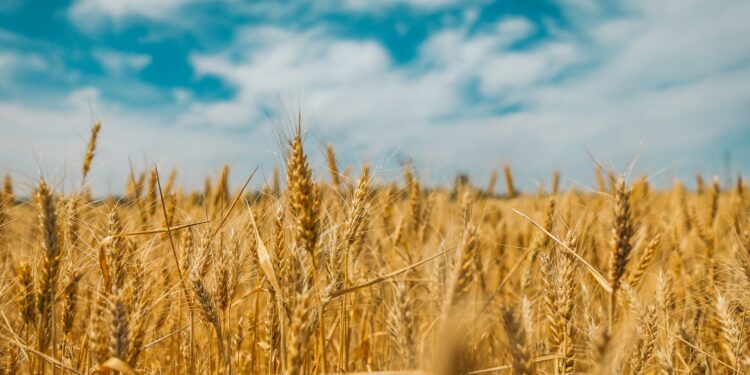This could be a simple solution.
A recent investigation delved into the potential benefits of integrating ancient grains into the diets of individuals contending with diabetes. These grains, renowned for their natural composition and heightened levels of beneficial phytochemicals and fibers, offer a promising avenue for dietary intervention, as per the scrutiny of 29 randomized controlled trials.
The study shed light on the favorable influence of ancient grains such as oats, brown rice, and millet on diabetes management, particularly concerning blood sugar and cholesterol profiles. Despite the encouraging discoveries, the study underscored the necessity for further inquiry due to the variability and limitations of the analyzed data.
Published in the journal Nutrition, Metabolism and Cardiovascular Diseases, the study emphasized the importance of dietary choices alongside conventional medical therapies in the management of diabetes. By conducting a systematic review and meta-analysis, researchers evaluated the effectiveness of various types of ancient grains in diabetes management.
The review encompassed 29 randomized controlled trials, of which 13 underwent meta-analysis. These trials included a total of 1,809 participants, predominantly individuals with type 2 diabetes, who were managing their condition through diverse treatments. The investigations primarily delved into the effects of oats, brown rice, buckwheat, or chia seeds on diabetes, with oats demonstrating significant potential to improve cholesterol and fasting blood glucose levels in individuals with type 2 diabetes.
Overall, the majority of studies suggested a beneficial impact of ancient grain consumption on various diabetes indicators, including insulin levels, hemoglobin A1c, fasting blood glucose, and cholesterol levels. However, the study cautioned that further standardized, comprehensive research is imperative to fully comprehend the effects of ancient grains on diabetes management.

































Discussion about this post